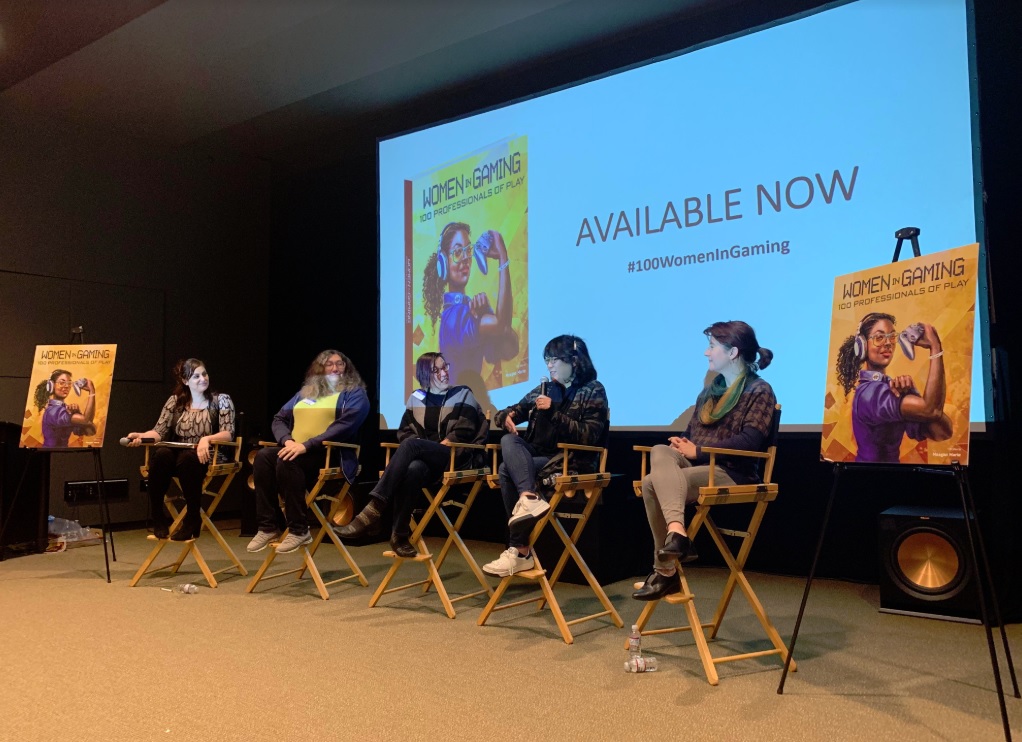The women of the video games industry are finally getting their herstory book. Women in Gaming: 100 Professionals of Play went on sale yesterday.
Meagan Marie, the book’s author, marked the occasion by organizing a evening of panels of female gaming pioneers at the headquarters of Crystal Dynamics in Redwood City, California.

Unlock premium content and VIP community perks with GB M A X!
Join now to enjoy our free and premium membership perks.
![]()

![]()